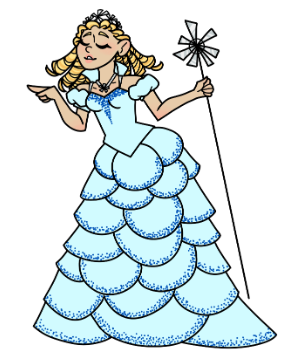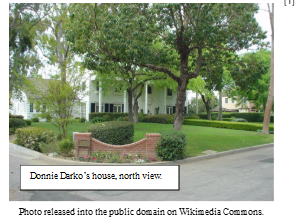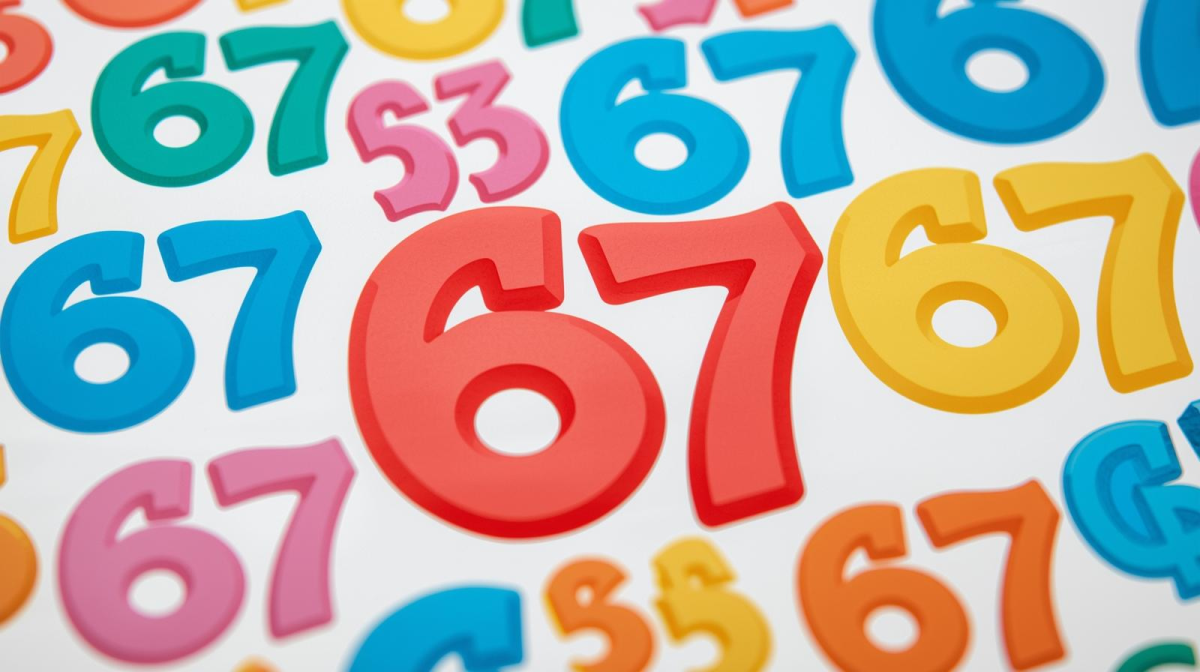Music is all about the lyrics and how different tunes can display different emotions within us. When sad music is played, we tend to reminisce about sad times. When happy music is played, we tend to dance and sing along. But have you noticed that a certain song can correlate with deep emotional parts of your life? Music acts as an anchor to enthusiastic emotions. It ties itself to something we want to remember or even the things we do not want to remember. Age and maturity play a leading role in how music affects us, so when a certain song plays why do we get flashbacks of a precise moment? First, can music exist without emotion? My older brother graduated last year from Davis High and being a senior, he took the AP psychology class. He is currently in Europe traveling but I called him over the phone and asked him a few questions on how psychology and music correlate. Here is what he said, “Well first off, I do not think music can exist without emotion because the whole appeal of music is to make us feel. To feel happy enough to add it to our playlist or to feel sad enough to cry to a certain song. Music is also written with emotion because an artist must feel a certain way to produce the type of lyrics or type of message that he or she wants to convey in their song. If you notice music is also overly attached to our emotional side because when we hear good music our body likes to dance, it’s our brains’ way of telling us that we enjoy this music and that it makes us happy. Or when a specific part of the song “hits you deep,” that is the song creating an emotional impact on you. If somehow human beings did not have emotions, we would not be able to emotionally tell the difference between things whether we like something or hate something. We could physically tell the difference between something like an apple or a banana and note how different they appeal to be.
But when we eat them, we cannot understand if we enjoyed one over the other because enjoyment is an emotion. It is just like a song; we listen to many songs but why does your favorite stick out among the rest? I think it’s because we develop a certain emotional attachment to that song whether it is relatable or the how the beat sounds because you prioritize that feeling over how other music makes you feel.” For example, me and older brother bond over the artist Mac Miller. His songs are about girls and partying, but we did not pay attention to the lyrics., we paid attention to the quality time we spent together and the things we talked about whilst listening to that song. I know exactly where we were while listening to the song and what we were doing. But why do our brains connect music and memories?
Our brain divides our long-term memory into two diverse ways of storage, implicit and explicit. Explicit memory is all about remembering the past, our childhood memories, or a distinct taste of something we liked. Implicit memory is text-book learning and having experimental memories. Or simplified tasks you can do without thinking about, such as tying your shoes or walking. This reveals us to the mere exposure effect. When we find something, we like or enjoy, it becomes familiar and the way we express our comfortability around others. So, our brains use the implicit long-term memory and connect that with an important event, emotion, or song. This is what correlates those difficult or enjoyable times with music. The brain sends neuronic commands to the prefrontal cortex which lets out chemicals in our brain called dopamine and serotonin. These are feeling-good chemicals, but also can be dangerous. These chemicals play a vital role in drug addiction and abuse, alcoholism, and other serious addictions. Once you become addicted your brain stops producing those “feel good” chemicals and then you start needing increasingly until you become satisfied but that “satisfied” feeling is only temporary. However, addiction to a song is the best addiction of all. The main thing that adults say they remember
about their youth years is the music. “The musical reminiscence bump is so powerful because we attach music to particularly emotional times.” Says the National Institutes of Health.
Music can convey a lot about us emotionally and physically. The millennials cling to their old selves as part of their identity and how they have matured as the future has crept upon them. Another vital reason music influenced through the years is because of cultural axioms. The way you grow up culturally or religion-wise can have a massive impact on your sense of self and how music affects you.





























